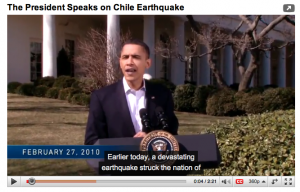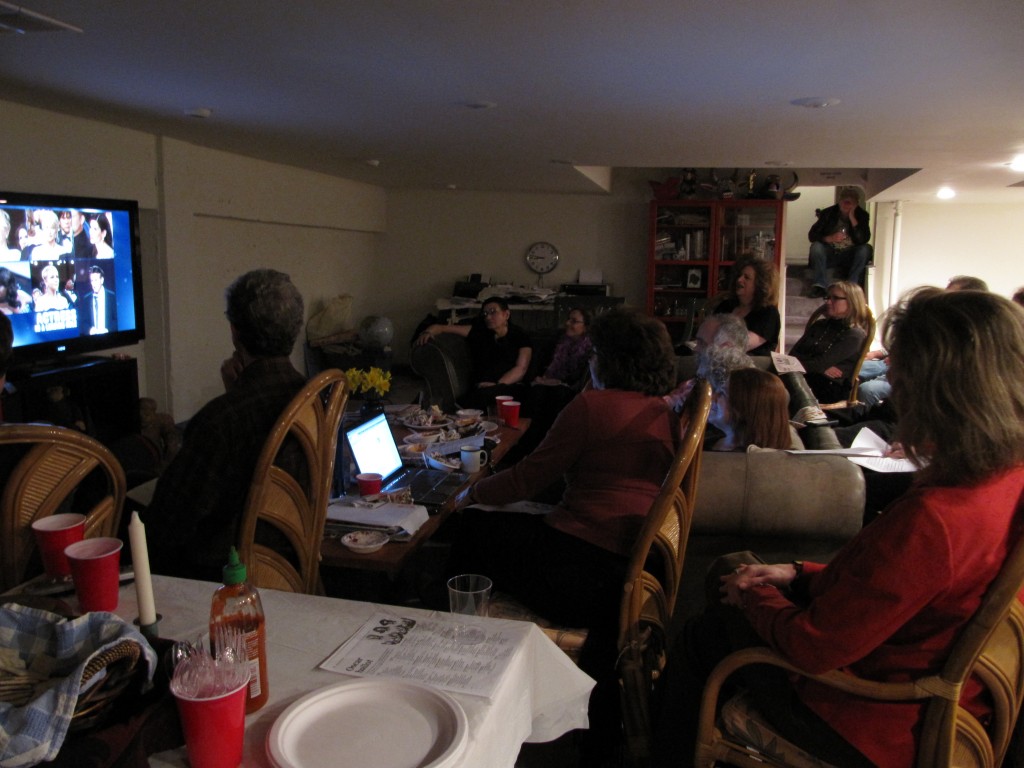Thu 25 Mar 2010
Honoring Alice Rigby on Ada Lovelace Day
Posted by NancyF under Learning and Teaching, Women & Men
1 Comment
Alice Rigby was the first person who came to mind to honor on Ada Lovelace Day 2010. In fact I thought of her for 2009, but didn’t manage to write it in time. Here’s hoping no one will mind that I’m just an hour or so beyond the deadline in my timezone. (Let’s pretend we’re in Hawai’i where it’s still not midnight.) Oh, have you not heard about Ada Lovelace or the celebration? FindingAda.com has a quick biography of the inventor of software, who lived from 1815-1852.
Alice was a family friend and supporter long before we became colleagues at IBM. Alice was raised in Upstate New York. She played the doting aunt to her sister’s 4 children. Those kids thought the initial “A” in her signature looked a lot like an “S,” which was the source of her nickname “Slice.” Â In our house we referred to her by initials “A.R.” Â She attended Mt. Holyoke College in the late 1930′s or early 1940′s, and upon graduation took a teaching position in mathematics at a prestigious private girls’ school in Virginia.
She stayed as a high school teacher only a few years before being recruited to IBM in the mid-1950′s. She arrived at IBM during a period of rapid expansion of the IBM workforce, along with my father Mort Frishberg and Dick Bergstresser, the now-retired Director of IBM’s US Scientific Centers. Both Mort and Dick were Applied Science Representatives in their initial assignments, comparable to technical marketing support specialists. I don’t recall what Alice’s first assignment was.
By the time I met Alice, she had been in IBM about 10 years, and was living in a small house in Saratoga, California. She was an instructor for new technical marketing people along with the rest of her team; her specialty was databases.
For me she was a role model of a single professional woman: smart and knowledgeable, yet interested in continuous learning; a homebody, yet interested in travel; non-confrontational, yet informed about public policy and active in making her views known to public officials. She participated in her church choir, seemingly as much for the companionship as for the musical or spiritual content. She was active in her alumnae association, again both for the relationships and as a way of giving back to the community she felt grateful to. And, she held both her family of origin and her created family of friends close. She supported civility, yet could disagree. She acknowledged discrimination exists, but wouldn’t be strident in challenging the status quo. For example, she loved the sentiment within the aphorism “the brotherhood of man,” but couldn’t abide the surface exclusion of women in the phrase. She took great pleasure in wearing a custom T-shirt celebrating “The Siblinghood of People.” I’ll find the photo of her wearing it.
Alice was not a complainer. I heard her express frustration with IBM only once, late in her career: She had a new manager and felt he was underprepared to manage her very experienced team. She said in effect: Why are we, a well-functioning team, expected to train this guy who is going to be promoted beyond our group, and yet we will get no reward or recognition for doing this? He’ll just come in here, try out the latest business school trend on us, and we’ll have to spend a lot of energy helping him either figure out why it won’t work in this context or needs tweaking to make it work. Why not let us manage ourselves instead of training someone less able?  The subtext to me was Why have I been passed over as a potential manager of our group or a similar one? Why are my gaps not supported and coached in the way we provide support and coaching for yet-another newly minted executive?
She was a person of regular habits: she ate the same thing for breakfast every day. She smoked daily but limited herself to two cigarettes, one after lunch and one after dinner. She planned her vacation route well-ahead, stayed a few nights with each of several friends in her drive up the Eastern Seaboard, or down the California coast. She bought a retirement home well ahead of her anticipated retirement.
One summer she took an assignment teaching in Brazil for several months, and loaned me her sewing machine and her car, which made this high school student very happy. I remember at least one project I made that summer, but nothing I’ve done in the sewing domain equals her prowess at making a slipcover for her living room couch. While it was not actually upholstery, her project was both an ambitious undertaking and a masterful accomplishment. It required that she first make a pattern before cutting the actual upholstery fabric. When she finished it looked like a professional job, with the pattern of the fabric matching at the seams, and an apparently endless amount of handmade welting.
Alice hid her disappointment as best as she could, when I turned down entry to Mt. Holyoke (South Hadley, Massachusetts) and registered as a freshman at nearby Smith College (Northampton, Massachusetts). She had written a strong alumnae support letter supporting my application, which was no doubt influential in my being accepted. She may have been secretly relieved when I made the decision to leave the East Coast women’s college milieu, and return to California to attend UC Berkeley for the remainder of my undergraduate career.
Roughly 20 years later, I was an IBMer. Both Dick Bergstresser (then my manager) and I were invited to her retirement luncheon from IBM. Dick and I were working in Milford, Connecticut, and we made the trek across the country for the celebration in Los Angeles. What a pleasure for both of us to fete this old friend!
When Alice died several years ago, she left no biological children. I will claim her  – if not as an extra parent, then – certainly an aunt-without-portfolio, a quiet advisor, and special person in my life. Perhaps a few of those pesky managers who were thrust upon her ought to pay tribute also.
[I reserve the right to update this piece with further details about Alice Rigby's career and life, as I contact the people I know who remember more about her than I may.]


